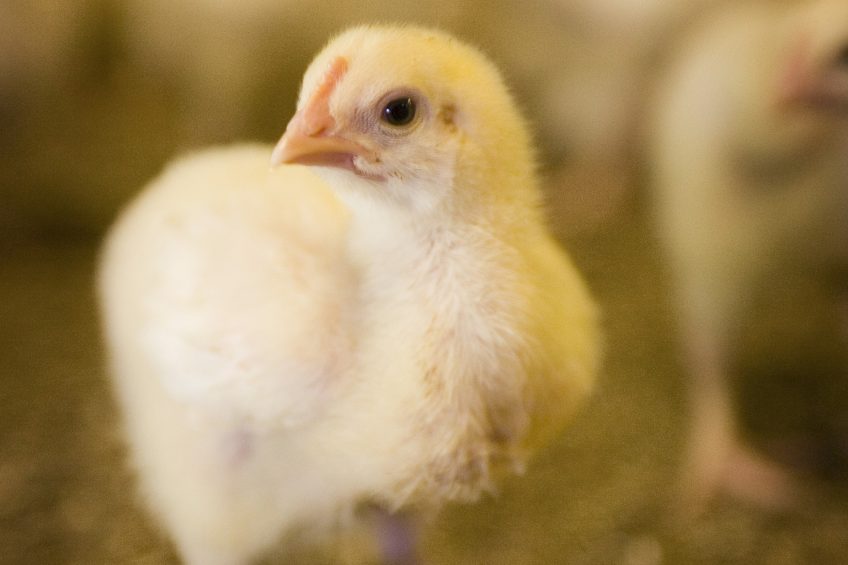IEC: Global standards for animal health and welfare vital

Global standards for animal health and welfare, which are being established by the World Animal Health Organisation (OIE), are vital as part of the growing trade in agricultural products.
That was a key message delivered by Ben Dellaert, president of the International Egg Commission, who said OIE standards on trade in relation to animal health and transparency were very important.
Speaking at OIE high-level panel at the Global Forum for Food and Agriculture at the Berlin Green Week, Mr Delleart said global trade contributed 40% of the global value of agricultural output. In this way, he added, it supported the livelihood and food security of almost 1.3 billion people.
On the other hand, experts estimate that each year up to 20% of production losses are attributed to animal disease around the globe and trade in live animals or hatching eggs can be a serious risk to animal health, he added.
The panel discussion, “Animal Health and Welfare: Two cornerstones for the future of globally diversified livestock production”, heard speakers from the World Trade Organisation (WTO), Food and Agriculture Organisation (FAO), European Commission and an NGO.
Monique Eloit, OIE director general, said it was impossible to discuss food and agriculture without considering the livestock sector and the importance of animal health and welfare: “It is not only about containing diseases but it also has a significant bearing on the possibility to meet several of the Sustainable Development Goals.”
Vytenis Andriukaitis, EU health commissioner, said the world was in the grip of an extremely challenging period for animal health and welfare: “The development of international standards and their proper implementation is one such challenge. And in some cases the solutions are clear – for example, developing technical knowledge among officials and businesses on animal welfare will help businesses to adapt OIE standards to their local context.”
Among the round-table conclusions were that every effort should be made:
• To promote compliance with international standards relating to animal health and welfare, for trade purposes and for designing national strategies;
• To ensure the best possible transparency of epidemiological information on the emergence of animal disease, by notifying such information via the OIE World Animal Health Information System
• To contribute to the proper implementation of global strategies for the control of animal diseases, while keeping in mind the need for prudent use of veterinary medicinal productions, especially antimicrobials.
The IEC is represented on the OIE’s Global Hen Housing Standards, which are likely to come into force in 2019/2020.













